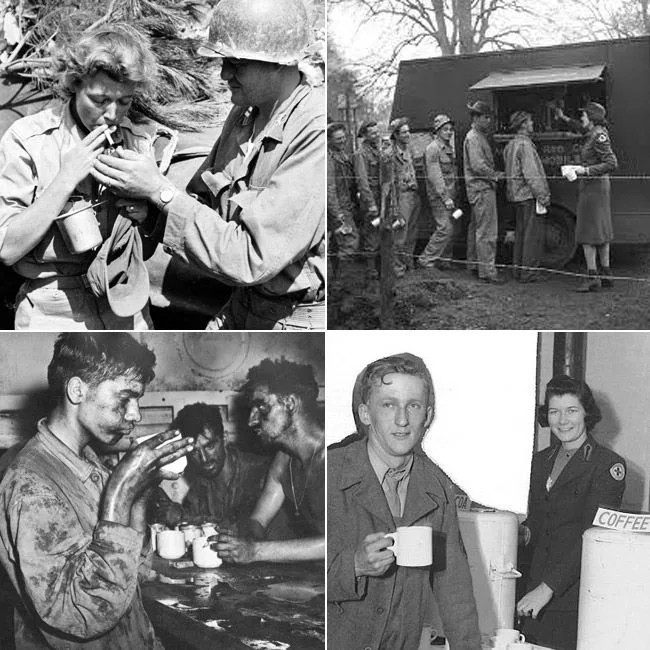Combat Breakfast: two aspirin, two cups of coffee, a quick prayer, a quick puke.
– USMC saying, Korean War
Despite being from Seattle, land of Starbucks, Seattle’s Best, Tully and more than a handful of artisanal brewers, I didn’t come by my coffee habit honestly. The bitter drink didn’t cross my lips during college, despite the frequent all-night cram sessions wrought of a sporadic (home) work ethic. Coffee would have certainly improved the 12-mile bike commute in the cold Seattle drizzle at 0525, timed to maximize sleep, yet arrive before NROTC drill practice.
Officer Candidate School (OCS) introduced me to new depths of sleep deprivation — short sleep periods combined with intense physical activity turned us into zombies shuffling along. Military formations became an exercise in intense concentration, especially after I fell asleep standing up, only catching myself, and the platoon sergeant’s unfavorable attention, short of smashing my face into the parade deck. It never occurred to me to get a cup of Joe at the mess hall; the Bunn was situated directly in front of the area where the staff sat, a place to be avoided for danger of unwanted haranguing from the collective hyenas bent on finding your smallest flaw.

From the darkest rathole fighting position in Afghanistan to the most pristine cubicles at the Pentagon, coffee is a storied staple of American military culture. To be a non-drinker in the military is akin to heresy — they burn witches for that sort of behavior in the Corps. Noting the deleterious effect of alcohol on military performance, President Andrew Jackson signed an Executive Order 25 October 1832 designating that coffee and sugar were to be substituted for the allowance of rum, whiskey or brandy. A sad day, but at least not a total loss — and the origin of transitioning coffee from uncommon non-alcoholic social drink to the ubiquitous beverage it is today. During the Civil War, coffee was a treasured part of the Union troops’ ration; Confederate troops went without, leaving them to forage for substitutes such as acorns, chicory or other weeds. We know how that turned out.
While there is no record of a medal being awarded for coffee skills, after the Civil War grateful Union soldiers raised a monument to Sergeant William McKinley, future President of the U.S., and his vending skills under fire at the Battle of Antietam in September 1862. By World War I, American coffee companies were including instant coffee in every daily ration. During World War II, civilians went without while defense workers and troops were supplied with as much coffee as they wanted. The Army’s Quartermaster Corps roasted, ground, and packed coffee, in addition to subcontracting to 19 roasters, to meet demand. G.I. Joe, so closely identified with coffee drinking, gave his name to “cuppa Joe.” Millions of service members brought the habit back into civilian life after the war.

